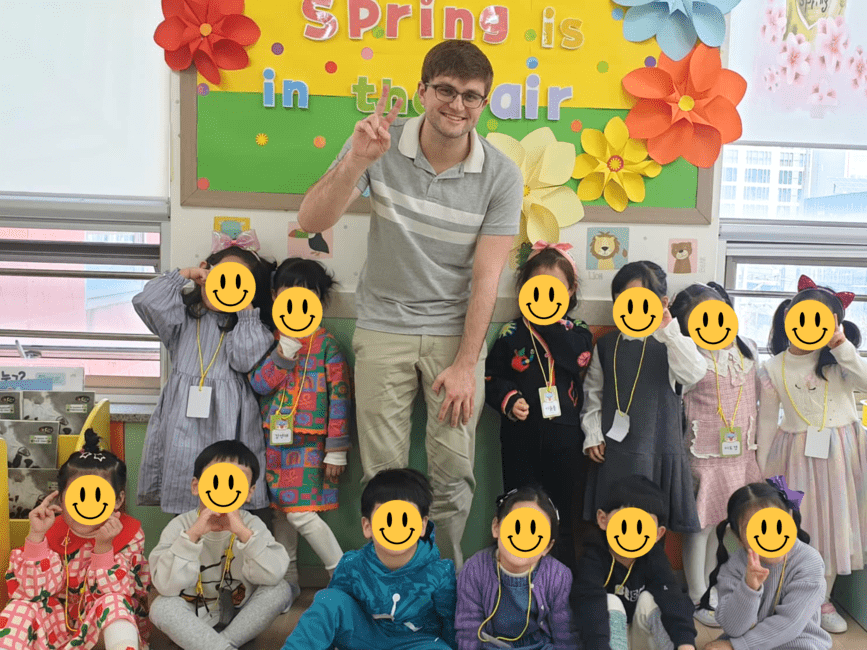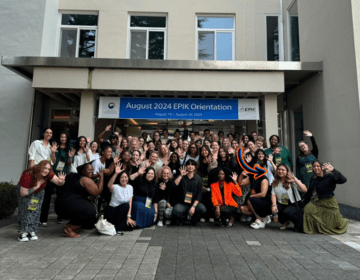CIEE Korea Spotlight: Meet Nick
Nick is currently teaching in Gwangju, South Korea.
What made you want to teach abroad?
I started watching Chris Broad videos on YouTube about Japan a few years ago and became very interested in the culture. I found out that Chris Broad initially moved to Japan to teach English. When I was a senior in college, I took advantage of a study abroad in Kyoto during January Term through CIEE. I loved my month in Japan. After this experience in Japan, I decided that I was going to try to teach English overseas (in Asia) when I graduated from college.
Why did you choose to work at a private school/hagwon?
The reason I chose private was primarily because of timing. After graduation, I started the online TEFL course. When I completed it, I had missed the application deadline for public schools but had time to apply for private. It turned out that everything worked out perfectly and I love the private school that I work for.
How long is your commute to your school?
I got very lucky with my commute. I have less than a 5-minute walk to the bus stop where a bus for the school picks me up and then it is about a 15-minute bus ride to my morning school. After lunch, another school bus takes me to my afternoon school. From there, I have about a 15-minute walk back to my apartment.
How’s your housing?
My housing is very basic. I have a small living room/bedroom and kitchen with a refrigerator, stove, and microwave. There is also a washing machine and drying racks in the kitchen. The apartment has a full bathroom and air conditioning. A single bed and TV were also provided. It is a simple setup but works fine for me, although I had to get used to hanging my clothes to dry instead of putting them in a dryer. Honestly, this has been one of the biggest challenges for me as it requires more planning since, I have to allow time for drying, which can be unpredictable.
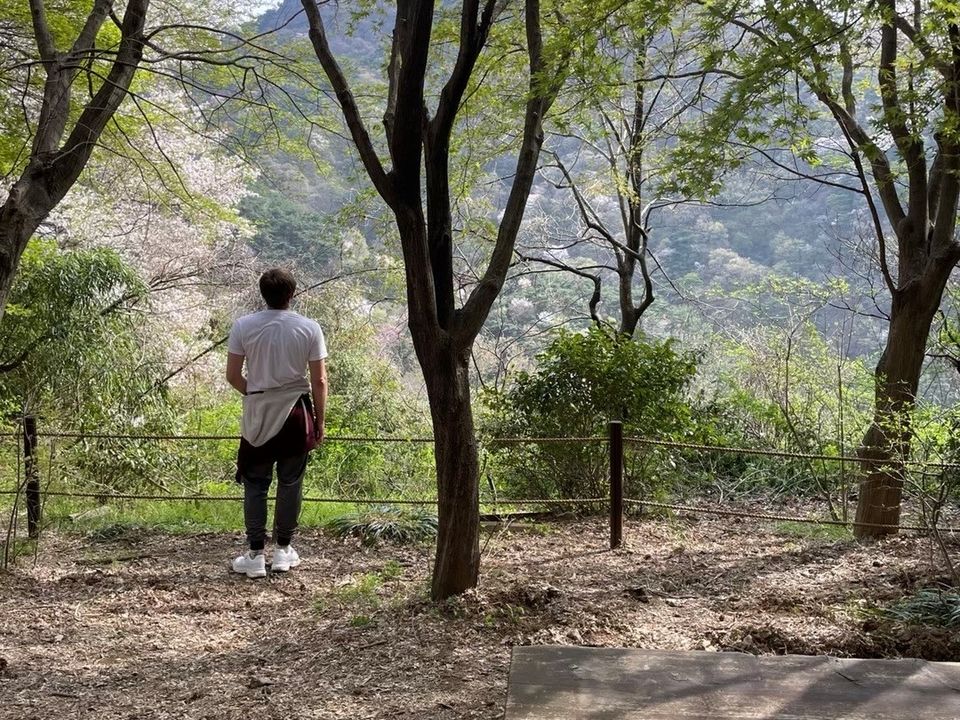
Where are you placed? Any advice for future teaching living there?
I am working in Gwangju which is a city about 3 hours from Seoul by bus. I love being in Gwangju! My school is great and there are lots of things to do. There are lots of great restaurants near my apartment, American and Korean. On weekends my friends (other teachers) and I go hiking and play soccer and basketball at outdoor facilities nearby. We have also been to a baseball game and PSY concert, which were a lot of fun. There are also video game cafes, Karaoke bars, and night clubs in the area that we frequent on the weekends. One of my friends and I recently went to Seoul for the weekend. We took the bus which was easy to navigate. Seoul was fun but was much more touristy; I prefer Gwangju as there are fewer tourists and it is easier to navigate.
What do you like to do in your free time?
My days are quite full as we work from 9am until about 6pm, and there are some evenings that I must dedicate to completing student evaluations and preparing teaching plans. But when I do have time off, I play basketball or soccer, go to a gaming or Karaoke Cafe, go hiking, or hang out in my apartment playing video games with my friends and family in the US.
Were you able to make friends?
The teachers at the LCI Academy in Gwangju are close. I have made several good friends, and we often have dinner together after work and hang out on the weekends. I am going to Japan with a couple of the other teachers for our week vacation at the end of July. Going to Japan from South Korea is easy and affordable, with our round-trip flight costing about $300 USD.
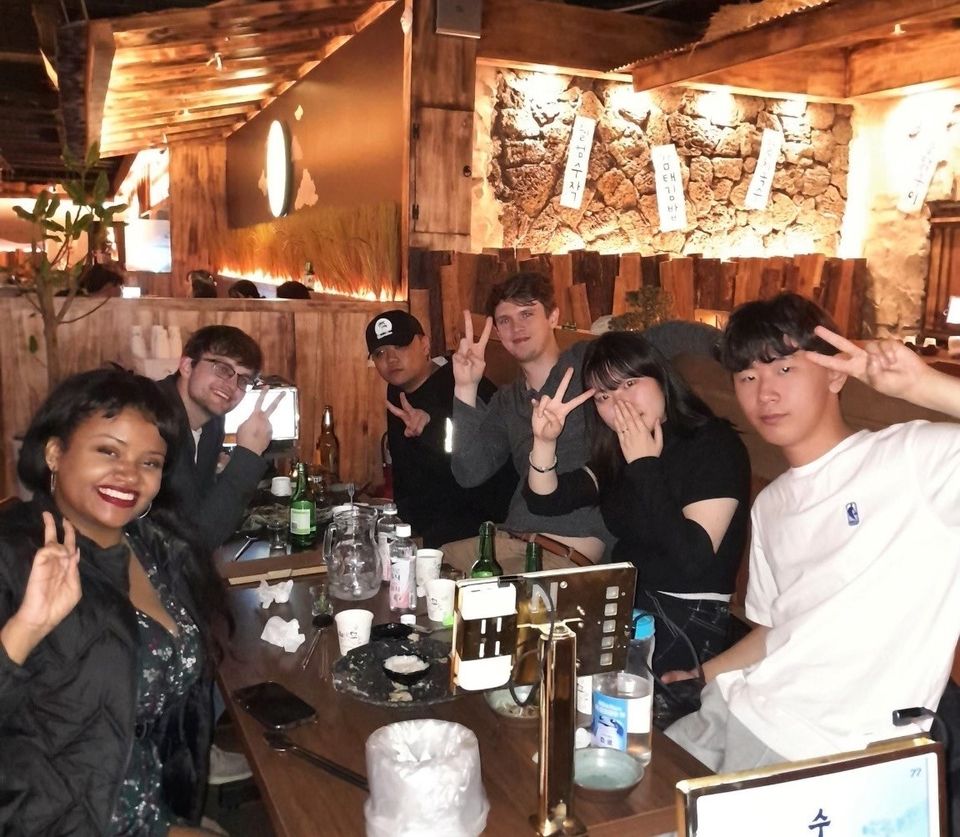
Do you find life to be affordable in Korea?
I have found Korea to be very affordable and I have been able to save money. The apartment is paid for by the school. I pay for utilities, but they are not high, and the food is very reasonably priced. When I do take the bus or a cab, they are easy to find and inexpensive.
What does a typical day of teaching look like for you?
I meet the bus at 9am each day. My kindergarten class starts at 10am, so I typically have about 30-45 min to get ready for my class. I teach kindergarten from 10am until 2pm: 10-11am is circle time, 11-11:15am is theme, 11:15-11:30 is math, 11:30-12 we do reading, and lunch is from 12-1pm. I usually eat the school lunch, which is a traditional Korean meal: soup, kimchi, meat, and rice. After lunch, we do phonics and then an afternoon activity. Then, I take a bus to the elementary school where I teach 4 classes until 6pm. The elementary school is close to my apartment, so I walk home from here. Often, the teachers will all have dinner together after classes at the elementary school. All of the teachers are assigned to different age groups. Also, the school sometimes has other activities planned. For example, we have done field trips to a petting zoo and also to a science museum.
How is navigating the language barrier? Any tips?
There have been a few challenges with the language barrier; however, many people in South Korea speak English and a lot of the signage is either in English or has pictures (such as in a restaurant) that help you figure things out. I have also used functions on my phone a lot to get by. My school is English immersion, so the students and I only speak English. However, I have a Korean teacher in my classroom who helps when needed with language issues and has been a good resource for me outside of work helping me negotiate the language barrier.

Have you experienced cultural shock?
I think I was well prepared for the culture as I had been to Japan and watched a lot of videos about South Korea prior to arriving to teach. I think that really helped prepare me for life here in Gwangju.
Do you recommend CIEE’s Teach in South Korea Basics program?
Yes, I would absolutely recommend CIEE! Everyone was really helpful in getting ready to go to South Korea, especially in answering my questions regarding the VISA application, which can be very complicated.
Any advice for future teaching thinking about the program?
Be prepared to be overwhelmed at first as things move quickly from when you accept a position overseas. Also, pick a place with a culture you are interested in, as you will be immersed in it quickly. While it is not necessary to speak Korean, speaking some of the local language can also be helpful as you travel around the country so you may want to learn some basic words before you arrive. Also, make sure you have some cash saved up before you leave as it did take a few weeks to get our first paycheck.
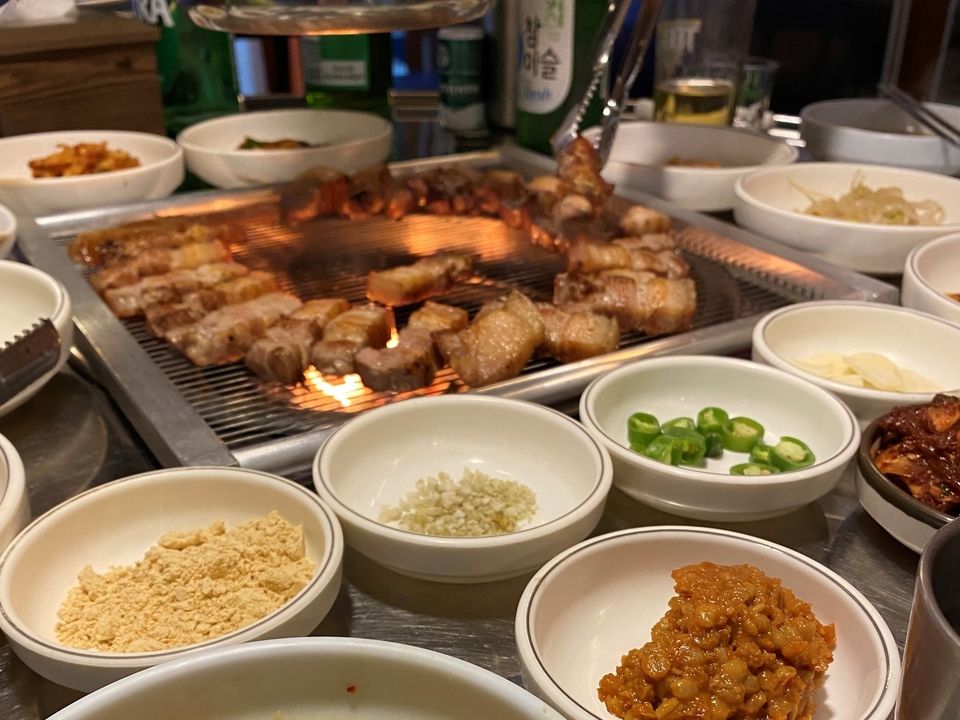
How has teaching abroad shaped you as a person?
Teaching abroad can be very scary and intimidating at first. You must learn to give yourself some grace as there will be a period when you may feel like a fish out of water. It also takes some time to learn how to teach. Even though I completed TEFL, which was not required for my current position, you must learn how the school and its leaders want you to teach. I think I have grown a lot through this experience. Of course, I have learned a lot about teaching, but I have also learned a lot about my ability to adapt and figure things out. I have also learned so much about the Korean culture, even more so being in Gwangju as there are not as many tourists here as there are in Seoul. Being here and spending time with the students has made me realize that this is my true calling as I enjoy it and have found I am pretty good at it too. I look forward to many more years teaching English abroad.
What’s next for you?
My current plan is to apply to teach in English in Japan; however, I would be willing to stay in Korea if I do not secure a position in Japan for 2025.
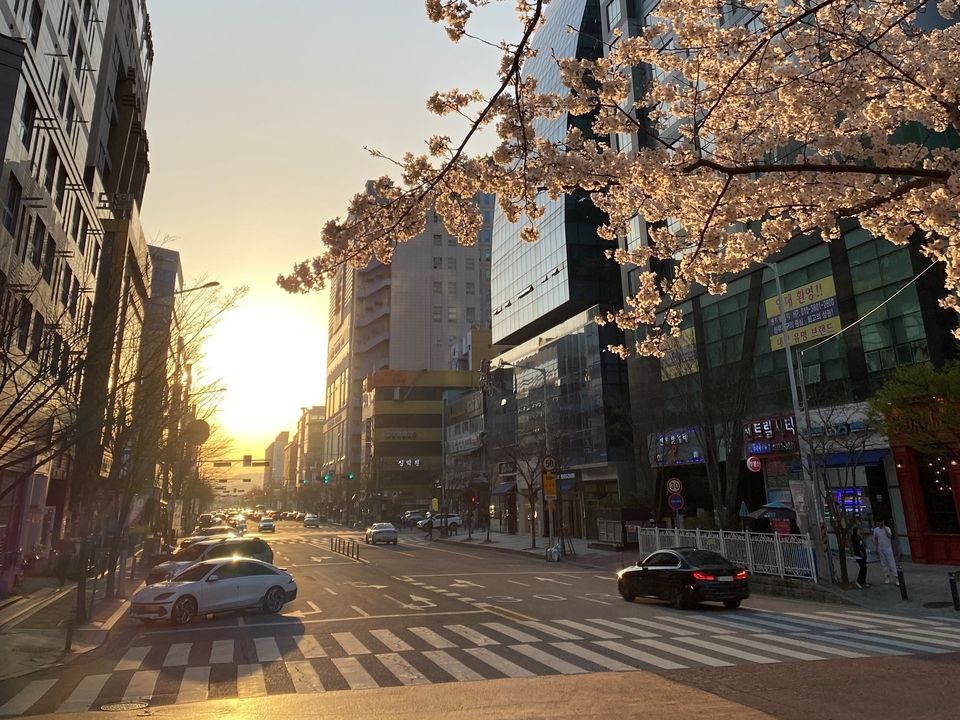
Related Posts
CIEE Korea Spotlight: Read Karime's Experience at EPIK's Orientation!
Karime recently arrived in Korea to begin her year of teaching abroad! She attended EPIK’s Orientation recently and wrote about her experience. Read her interview below: How was orientation? Walk... keep reading
